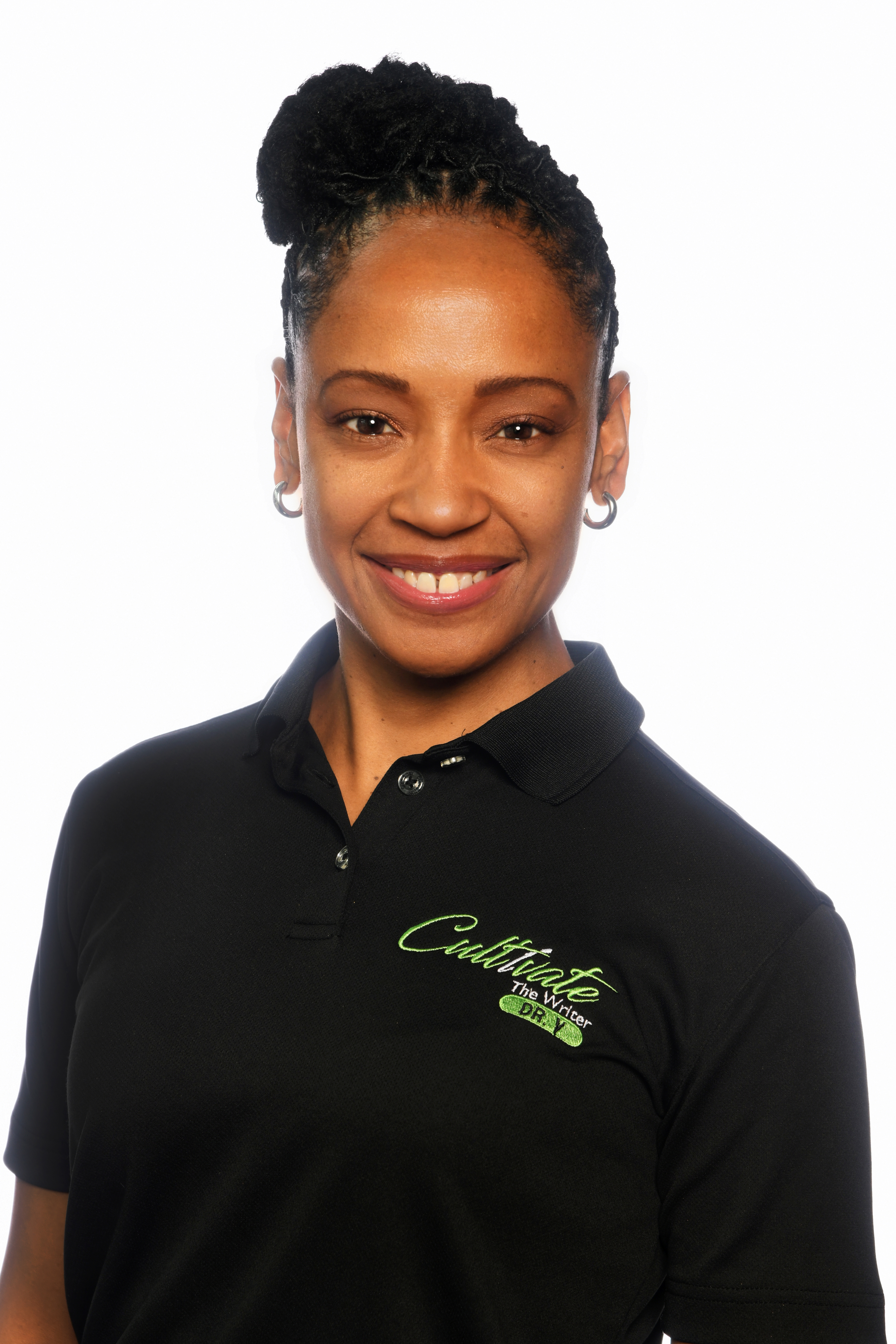
Virtual Workshops by Vernetta K. Mosley, PhD
 Dr. Vernetta K. Mosley is committed to using her expertise to help others meet their educational and professional goals. She has a B.A. in Journalism and Mass Communication from the University of North Carolina at Chapel Hill, a M.A. in English from North Carolina A&T State University and a PhD in English from the University of South Florida. Dr. Mosley left her roles as a faculty member then administrator in the Arts and Sciences department to start Chrysalis Consulting LLC, a learning and professional development company. Cultivate the Writer (CTW) is its academic component that provides webinars/workshops, editing and writing coaching services. However, Dr. Mosley also conducts professional development training for government agencies, non-profits and corporations and is an author. Dr. Vernetta K. Mosley is committed to using her expertise to help others meet their educational and professional goals. She has a B.A. in Journalism and Mass Communication from the University of North Carolina at Chapel Hill, a M.A. in English from North Carolina A&T State University and a PhD in English from the University of South Florida. Dr. Mosley left her roles as a faculty member then administrator in the Arts and Sciences department to start Chrysalis Consulting LLC, a learning and professional development company. Cultivate the Writer (CTW) is its academic component that provides webinars/workshops, editing and writing coaching services. However, Dr. Mosley also conducts professional development training for government agencies, non-profits and corporations and is an author.
You can select from the following virtual workshops:
Her 90-minute virtual workshops delivered via Zoom include up to 150 TAA memberships that provide your faculty with access to TAA's extensive writing and publishing resources. These memberships are available to faculty whether or not they participate in the virtual event.
TAA manages event registration, providing you with a registration link to share with your faculty, and workshop participation information in their confirmation emails. E-mail templates are provided to host institutions to promote the event. Institutions must have an expectation of at least 15 participants per workshop or retreat.
Institution Fee: $1,000
To schedule a workshop, please contact [email protected].
Choose from four workshops:
Scholarly writers are expected to achieve a certain style. While many writers focus on making their documents grammatically correct, which is important, they neglect nuanced issues of style. Often, these issues hinder the clarity and readability of ideas presented. This session presents strategies for writing more concisely, giving specific examples as well as distinguishing issues of style from issue of grammar.
Learning Objectives:
- Understand style issues that make a document wordy
- Learn common words and phrases that impede conciseness
- Pinpoint ways to eliminate redundancy in writing
Composing a comprehensive literature review can be like trying to put together a 1,000 piece puzzle by yourself in a short period of time! The daunting task of analyzing and synthesizing information from countless research sources overwhelms many graduate students as they prepare to write a dissertation or thesis. However, the literature review is necessary for many reasons before conducting a research study. In this session, participants will gain information and resources for writing a literature review so that the task is manageable and understandable.
Learning Objectives:
- Distinguish between conducting a literature review and writing one
- Learn tools for organizing multiple research sources
- Identify the components of a literature review
The research statement is a seminal document within academia. It is needed for grant proposals, job applications, research support/funding opportunities and calls for conference presentations. Yet, the task of writing a sound research statement in a few pages or paragraphs can be extremely difficult. This session helps participants to pinpoint what elements of research to highlight and how to cater their research for a specific audience and purpose.
Learning Objectives:
- Identify the important elements of a research statement
- Organize the research statement in an understandable, compelling manner
- Dissect examples of research statements used for various purposes
One of the most important activities that produces strong scholarly writing is revision. In a haste to meet deadlines, many in academia do not take the time to sufficiently revise their documents. Others do not know how to improve a draft. This session guides scholars in the questions that should and need to be asked to strengthen their writing.
Learning Objectives:
- Distinguish between the two types of editing
- Gain strategies to revise a document effectively
- Identify the areas to focus on when revising
"Thank you for sharing your expertise with the Molloy University faculty, librarian, and doctoral students who attended your Textbook and Academic Authors Association-sponsored workshop, 'You Want Me to Do What? Analyzing & Synthesizing to Write a Literature Review.'
I was delighted that your remarks addressed all disciplines and types of writing as you led the conversation through the "What, Why, and How" of writing a literature review. Each of us, seasoned writers and novices, left the session with takeaways that will serve us well as we continue to write in our fields of interest."
- Maureen M. Sanz, PhD, FACMG, Professor of Biology, Molloy University
|